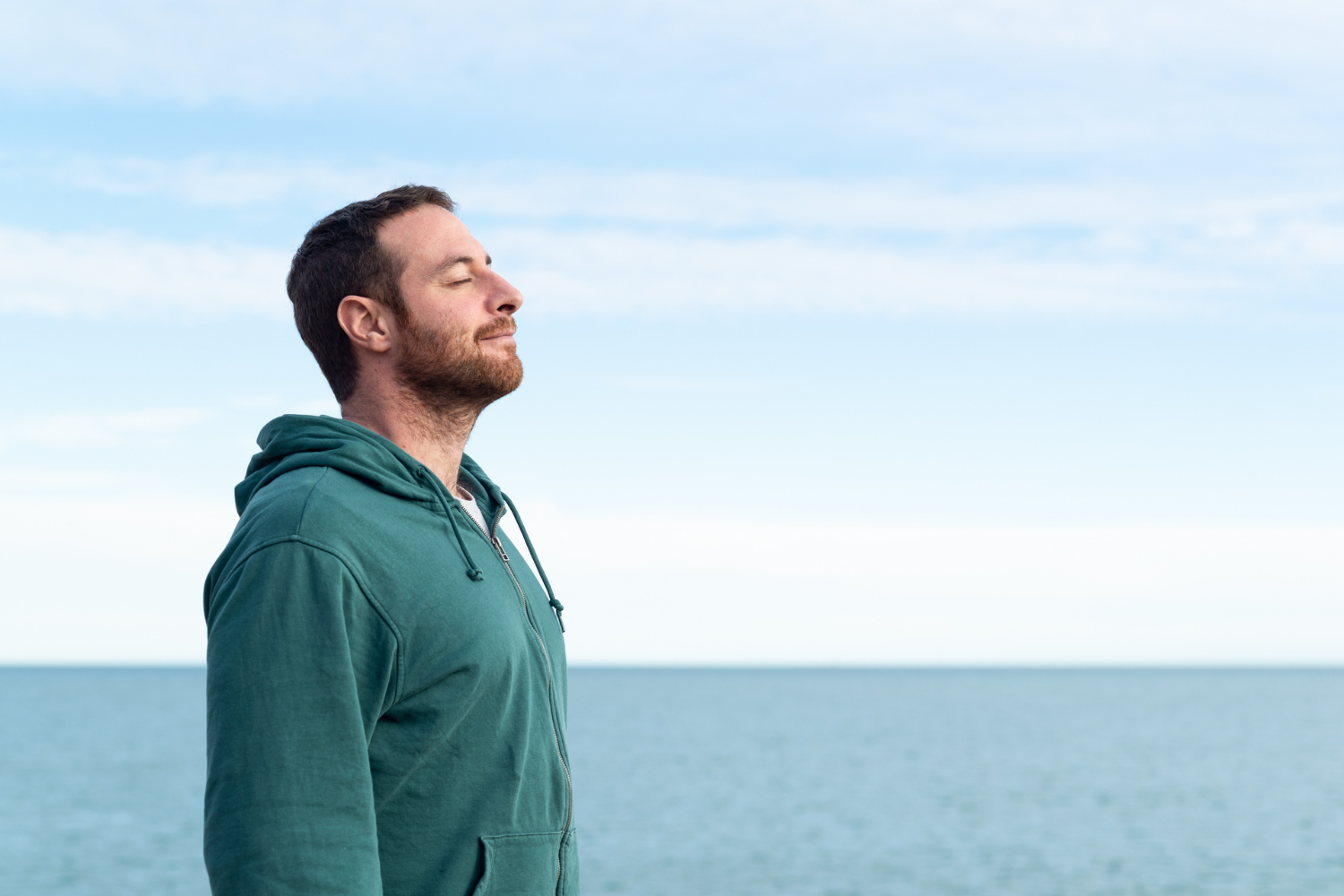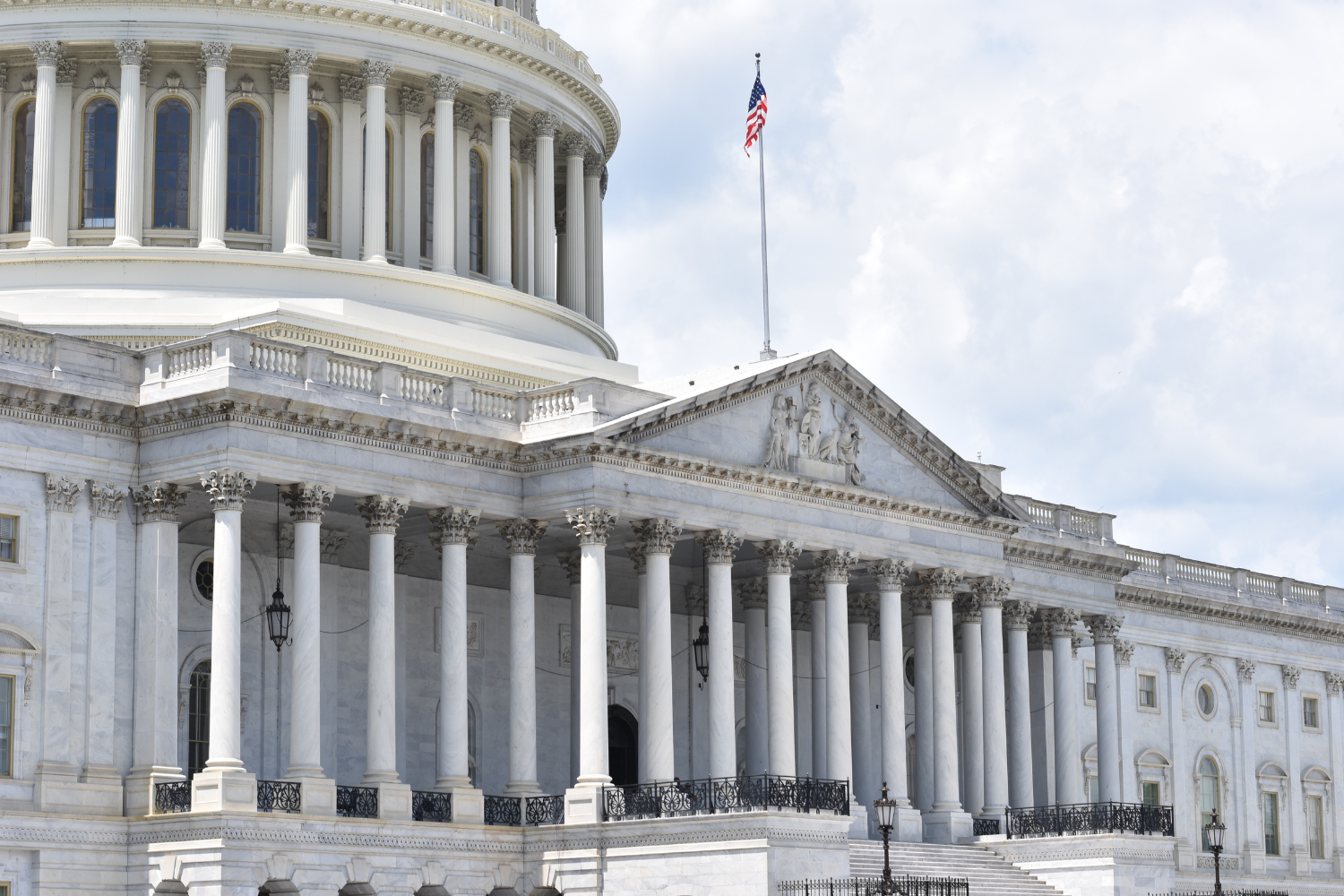Residency is challenging; there is no denying it. Residents have packed workdays, pushy deadlines, intense time pressures, and unthinkable learning curves--this, all on top of the emotional intensity of caring for patients who are sick and under emotional stressors themselves. Residents are at considerable risk for burnout, which may be characterized by depersonalization, emotional exhaustion, and physical distress.
I remember feeling my first residency “slump” as an intern when my to-do list grew exponentially--I was working long shifts in-patient, had a full in-basket to work through in my “off time” each night, and had almost no time for my own self-interests, self-care, and activities. This occurred during December and January, when I didn’t see the light of day during my time outside the hospital. I had no time to process what I was experiencing in clinical settings and no time to reflect on what I was going through, and this ultimately led to some depersonalization of my day-to-day life.
The peak of feeling sad or down for me (and for many other residents I know) is when sunlight is limited (I was arriving and leaving the hospital in the dark), which made the feelings of being a midyear intern snowball. There are many strategies that can help residents get out of a slump, all of which were helpful to me when I was feeling down.
Below is a compilation of some of the things that have worked for me and my coresidents.
Lean on your support system.
Lean into your family, friends, pets, coresidents, neighbors, etc. Surrounding yourself with the right people will do wonders for your headspace. Some people do well with support groups too! Many residency programs are now implementing wellness or well-being programming that allow time for residents to see their coresidents, reflect with their friends, and have irreplaceable (holiday) time with family.
Cultivate hobbies and interests outside of medicine.
The things that you do outside of medicine will make you feel human again. Dedicate time to these hobbies. Some ideas: Read something nonmedical! Paint for fun. Cook a fabulous meal or bake your favorite dessert. Listen to comfort music. Learn to cross stitch. Play pickleball with your besties. Sit at home and do a puzzle. Host a board game night, or a movie night. Exercise independently, or at a group fitness class. Go to the arcade to play Dance Dance Revolution. Spend some time doing an outdoor activity or having an outdoor picnic.
Make health a priority as many days of the week as you can, including moving your body.
According to the American College of Lifestyle Medicine, the six pillars of wellness are healthful nutrition, physical activity, stress management, quality sleep, cultivation of relationships, and avoidance of risky substances. My advice to you is to try to maintain as many of these as possible throughout the challenges of residency. Life is all about balance, and health is really about consistency. In terms of nutrition, try to cook at home and meal prep--and focus on eating plants as much as possible (protein and fiber are your best friends for the gut-brain axis). Freezing meals that you make on your days off is also an easy way to have home-cooked food on days you cannot cook. In terms of movement, make exercise a priority outside of work. Moving your body will release endorphins and regulate your blood sugar. It is recommended that we move our bodies at least four times per week, with a combination of strength for bone health and cardio for heart health. Other easy ways to help your health are to drink a lot of water, avoid excessive amounts of caffeine, and avoid heavy amounts of processed/sugary foods.
Use your vacation and time off wisely.
This takes a little forward thinking and planning ahead, which we do not always have time for when we work so much. Try to assess if you will want an adventure vacation travelling to somewhere new, versus a restful staycation at home. Thinking forward to vacation can help you feel “the light at the end of the tunnel” on hard rotations. Make sure you know exactly how much vacation time and wellness days off you are offered each year, so that you can request them and maximize them.
Make self-care a priority.
Treat yourself to things in life that bring you joy, but also things that are important for your health. Some people practice self-care with face masks and massage; others think of it as attending a doctor’s appointment or going to the dentist. No matter how you define self care, please make sure you take part in it on a regular basis.
Take time for yourself each week (practice mindfulness).
As physicians, we work with people all day every day. It is important to take time for yourself each week, meaning dedicating time to reflect on how you feel and why you feel the way you do. This can be a silent car ride, a journaling session, a discussion with a friend or therapist, or a walk with some music. Mindfulness can be cultivated in several settings, even through activities like yoga, tai chi, and meditation. Whatever it may look like, solo reflection time has huge benefits to releasing energy that may be stuck inside your body. It can help your mind settle better when you are ready for sleep.
Reduce stress at work by voicing your concerns.
If you are feeling particularly stressed at work, talk to your program director and/or assistant program director(s) about what your concerns are, and what feedback you have for the program to reduce stress and improve support. There is no shame in sharing how you feel; in fact, sharing feedback is how we help make improvements at residency programs.
Get outside.
Forest bathing is a real thing! Being outside, detached from devices and responsibilities, is so healthy for the soul. It releases endorphins and helps settle our anxieties. This can look like going for a walk or run, skiing with friends, taking your dog to the park, swimming in the ocean, vacationing in a national park, and so much more!
Delegate and set boundaries.
This is possibly the hardest one for me. As a medical student, I participated in so many projects and extracurriculars. However, my time is much more limited as a resident. I have found that to feel less stress in my life, I need to delegate tasks, set boundaries about what I can participate in, and be honest about reasonable deadlines with the number of hours that I dedicate to my job. It is important to have help with caring for children and pets, to be honest with yourself about what house chores can get accomplished during specific rotations, and to not overinvolve yourself in too many activities since work can be draining some days.
Get a happy lamp!
If you’re a sunlight person, and are affected by Major Depressive Disorder with Seasonal Pattern (seasonal affective disorder), get a happy lamp. Bright light therapy is an evidence-based first-line treatment for SAD that can hugely improve your symptoms. A bright light is easy to buy online, and you can make it a routine when you wake up each morning in the winter and turn it on for 30 minutes while you get ready for work or pack your lunch.
Connect in your community.
Community involvement can satisfy many of your lonely feelings in residency. Some people really enjoy working with med students and teaching--get in the classroom or volunteer at student events, if that’s the case! Other people want to volunteer at the local animal shelter walking dogs, while some enjoy joining a running club or chess club, or planning community fundraising events. Knowing what brings you personal joy, try to find community members who share in that passion with you.
Find a mentor.
Having a mentor in your life who can guide you with your career goals, financial goals, family goals, personal growth goals, etc., can be life-changing! They exist to field all your questions, to provide you guidance and reassurance, and to support you when you feel like your foundation is wavering. People who make the best mentors are ones who you feel you can trust, who are excellent teachers, who are never judgmental, who are accessible/responsive in reasonable time frames, and who welcome all questions.
I hope these tips help you find your path out of your residency slump. Please always remember it is okay to not be okay, you are NOT alone in your feelings, and you are incredible for doing the best that you can in residency.
If you have mental health concerns, negative thoughts toward yourself or others, or other body concerns, please contact your local primary care doctor or visit your local emergency department. You can also call the Crisis Hotline--nationwide is 988, or call one that is specific to your state.
Please feel welcome to reach out to the ACOFP Resident Council with any comments, ideas, or questions you have regarding resident well-being. We are here to support you!
Resources
Gunderman R, Tibury WG. Recognizing and Surviving Burnout. NEJM Expert Opinion. April 6, 2022. https://resident360.nejm.org/expert-consult/recognizing-and-surviving-burnout.
Pail G, Huf W, Pjrek E, Winkler D, Willeit M, Praschak-Rieder N, Kasper S. Bright-light therapy in the treatment of mood disorders. Neuropsychobiology. 2011;64(3):152-62. doi: 10.1159/000328950. Epub 2011 Jul 29. PMID: 21811085.
Hansen MM, Jones R, Tocchini K. Shinrin-Yoku (Forest Bathing) and Nature Therapy: A State-of-the-Art Review. Int J Environ Res Public Health. 2017 Jul 28;14(8):851. doi: 10.3390/ijerph14080851. PMID: 28788101; PMCID: PMC5580555.
Gupta S, Higgins S, Torre D. Wellbeing and Burnout in Residency. J Gen Intern Med. 2022 Jul;37(9):2137-2138. doi: 10.1007/s11606-022-07663-6. PMID: 35606642; PMCID: PMC9126691.
Saeed SA, Cunningham K, Bloch RM. Depression and Anxiety Disorders: Benefits of Exercise, Yoga, and Meditation. Am Fam Physician. 2019 May 15;99(10):620-627. PMID: 31083878.
Noetel M, Sanders T, Gallardo-Gómez D, Taylor P, Del Pozo Cruz B, van den Hoek D, Smith JJ, Mahoney J, Spathis J, Moresi M, Pagano R, Pagano L, Vasconcellos R, Arnott H, Varley B, Parker P, Biddle S, Lonsdale C. Effect of exercise for depression: systematic review and network meta-analysis of randomised controlled trials. BMJ. 2024 Feb 14;384:e075847. doi: 10.1136/bmj-2023-075847. Erratum in: BMJ. 2024 May 28;385:q1024. doi: 10.1136/bmj.q1024. PMID: 38355154; PMCID: PMC10870815.





